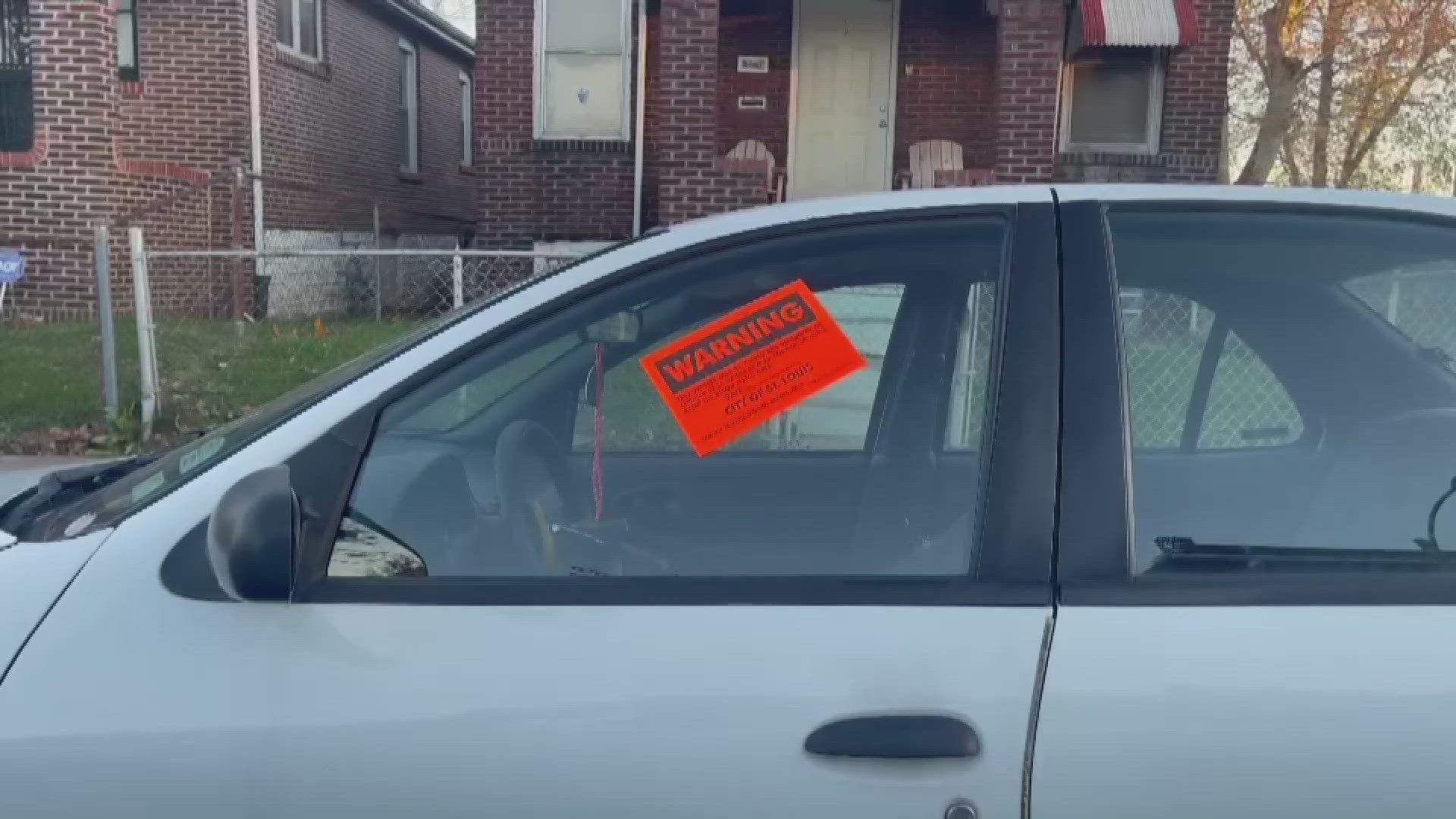The Centers for Disease Control and Prevention and public health officials in several states are investigating a multistate outbreak of multidrug-resistant Campylobacter jejuni infections linked to puppies purchased from pet stores.
According to the CDC, 30 people from 13 states have been infected. In addition, four hospitalizations have been reported in connection with the infection.
Epidemiologic and laboratory evidence indicate contact with puppies, especially those at pet stores, is the likely source of this outbreak, reports the CDC. Laboratory evidence indicates bacteria from ill people in this outbreak are closely related genetically to bacteria from ill people in the 2016–2018 outbreak of multidrug-resistant Campylobacter infections linked to pet store puppies.
Symptoms of the infection in people include:
- Most people infected with Campylobacter infection develop diarrhea (often bloody), fever, and stomach cramps 2 to 5 days after being exposed to the bacteria.
- The illness usually lasts about a week and most people recover without antibiotic treatment.
- Antibiotics are needed only for patients who are very ill or at high risk for severe disease, such as people with severely weakened immune systems.
ADVICE TO PET OWNERS
Puppies and dogs can carry Campylobacter germs that can make people sick, even while appearing healthy and clean. People who own or come in contact with puppies or dogs should take steps to stay healthy around their pet.
Always wash your hands thoroughly with soap and water after touching your puppy or dog, after handling their food, and after cleaning up after them.
- Adults should supervise handwashing for young children.
- If soap and water are not readily available, use hand sanitizer until you are able to wash your hands with soap and water.
- Wash your hands after cleaning up urine (pee), feces (poop), or vomit from your puppy or dog. Clean up any pee, poop, or vomit inside the house immediately. Then disinfect the area using a water and bleach solution.
- Don’t let dogs lick around your mouth and face.
- Don’t let dogs lick your open wound or areas with broken skin.
- Take your dog to the veterinarian regularly to keep it healthy and to help prevent the spread of disease.
Within a few days after getting a new puppy or dog, take it to a veterinarian for a health check-up.
- When choosing a pet dog, pick a puppy or dog that is bright, alert, and playful.
- Signs of illness include appearing lethargic (sluggish or tired), not eating, having diarrhea, and breathing abnormally. However, even a dog that appears healthy can spread germs to people and other animals.
- If your dog becomes sick soon after purchase or adoption, take your dog to a veterinarian promptly and inform the pet store, breeder, or rescue organization about the pet’s illness. Thoroughly clean the area occupied by your pet by using a water and bleach solution.
ADVICE TO PET STORE WORKERS
Puppies and dogs can carry Campylobacter germs that can make people sick, even while appearing healthy and clean. People who handle puppies or dogs should take steps to stay healthy around these animals.
Ask store management for training about handwashing, clean-up procedures, and other illness prevention measures.
Wash your hands with soap and water after handling puppies or dogs.
- Wash your hands thoroughly with soap and water every time you handle dogs or anything in the area where they live and roam, including their food, treats, and food and water containers. Even a dog that appears healthy can spread germs to people and other animals.
- Wash your hands immediately after cleaning up dog pee, poop, or vomit.
- Dry hands using a clean paper towel or air-dry them. Do not dry hands on clothing.
Eat and store your food safely.
- Always eat and drink in designated areas away from places where animals are kept and exercised.
- Keep your food away from areas where pet food and treats are stored, and away from areas where animals are kept or exercised.
- If there isn’t a separate refrigerator for pet food, store food for people on top shelves, above food, treats, and other supplies for pets.
Clean up messes safely.
- Clean up any pee, poop, or vomit immediately, and disinfect the area according to store protocols.
- Use disposable gloves for clean-ups and wash your hands thoroughly afterwards.
- Wash work shoes or boots, clothes, and equipment regularly, and do so in an area that is not used to store or prepare food for people.
- Have shoes or boots that are only worn and stored at the workplace.
Follow store protocols for identifying and reporting sick or injured animals.
Let your employer know if you or other employees become ill, especially with diarrhea or vomiting.
Practice responsible use of antibiotics in pet stores.
- Only give antibiotics to animals under the direct supervision of a veterinarian.
- Veterinarians should use appropriate diagnostic tests to ensure that animals receive the right treatment.
- Monitor and document antibiotic use in pet stores.
- Educate breeders, brokers, and transporters who supply animals to pet stores about responsible use of antibiotics and the benefit of veterinary supervision of antibiotic use.



